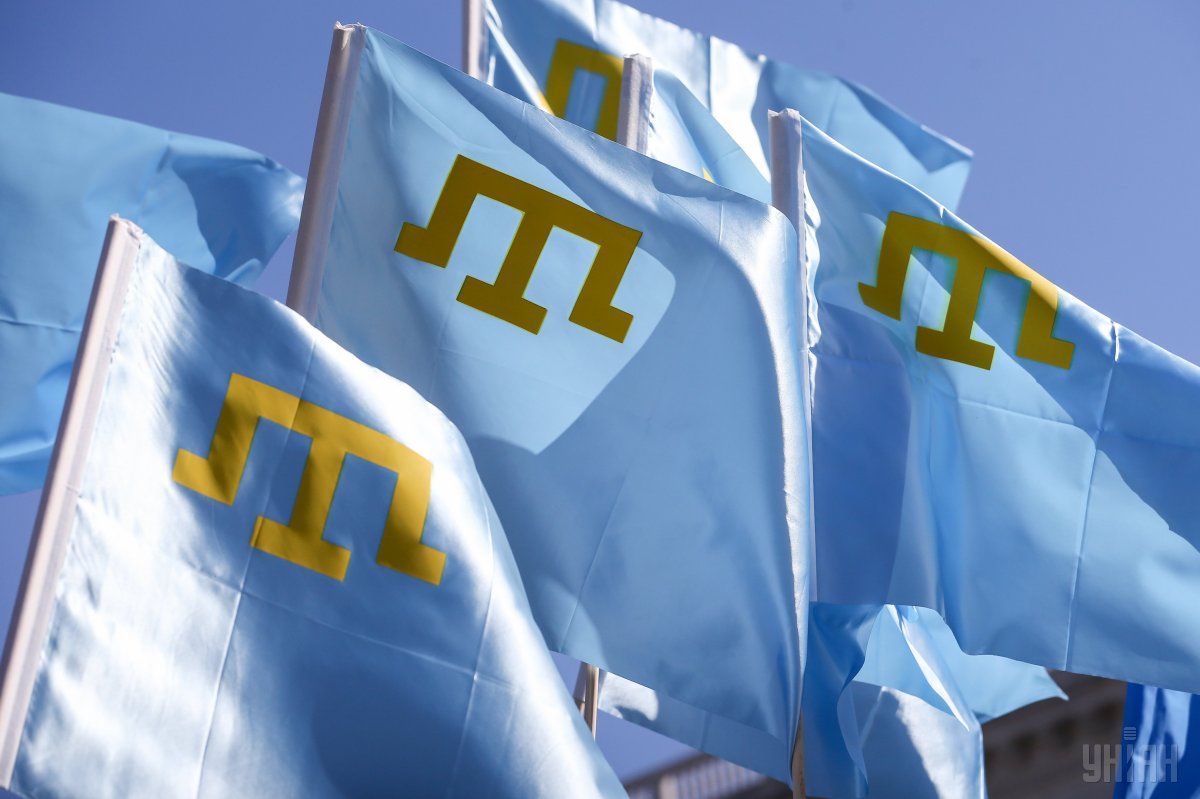
Ukraine has appealed to the UN International Court of Justice to provide an explanation regarding its decision to oblige Russia to resume activities of the Mejlis of the Crimean Tatar people.
Ukrainian Ambassador to The Netherlands, Vsevolod Chentsov, has handed over the corresponding note to the ICJ secretary, Philippe Courvreur, according to ZN.ua.
Ukraine has lodged claims with the International Court of Justice in The Hague, accusing Russia of violating two conventions: the International Convention for the Suppression of the Financing of Terrorism and the International Convention on the Elimination of All Forms of Racial Discrimination.
A year ago, the ICJ issued a preliminary decision on temporary measures, practically recognizing the Mejlis a legitimate representative body of the Crimean Tatar people.
Despite the court decision, Russia never allowed the representative body to renew operations. At the same time, over the past year, Ukraine has appealed to Russia twice demanding that Moscow lift the ban on Mejlis.
The International Court of Justice in The Hague handed down its preliminary decision on April 19, 2017, acknowledging own jurisdiction over the Ukraine vs Russia case. Secondly, the Court stated that "Crimean Tatars and ethnic Ukrainians in Crimea appear to remain vulnerable."
Read alsoDzhemilev warns fake Mejlis may be created in occupied Crimea"The Court considers that these reports show, prima facie, that there have been limitations on the ability of the Crimean Tatars to choose their representative institutions, and restrictions in terms of the availability of Ukrainian-language education in Crimean schools. The Court concludes from this that there is an imminent risk that the acts, as set out above, could lead to irreparable prejudice to the rights invoked by Ukraine.”
The Russian Federation was therefore ordered to “refrain from maintaining or imposing limitations on the ability of the Crimean Tatar community to conserve its representative institutions, including the Mejlis” and “to ensure the availability of education in the Ukrainian language”.
For Ukraine, this decision is a matter of principle because the ICJ has put forward demands to a single party (Russia), not both. Besides, in their ruling, the judges choose not to operate an abstract term "ethnic groups" but speak precisely of Ukrainians and Crimean Tatars. And finally, the ICJ has practically recognized the Mejlis a legitimate body representing Crimean Tatars.
Thirdly, the ICJ has obliged Ukraine and Russia to fully implement all provisions of agreements reached in Minsk.

